Tin Sulphate, chemically represented as SnSO₄, is an inorganic compound widely used in industrial and laboratory applications. It is a white to off-white crystalline powder that is water-soluble. Known for its electrochemical properties, Tin Sulphate is a critical component in electroplating, chemical synthesis, and as a mordant in textile dyeing. Its ability to provide uniform coatings and catalyze reactions makes it an essential material in various industries.
Applications of Tin Sulphate
1. Electroplating Industry
- Electroplating Agent:
Tin Sulphate is extensively used in electroplating processes to deposit tin coatings on metals. These coatings enhance corrosion resistance, improve solderability, and provide a decorative finish. - Electronic Components:
Used in the manufacturing of printed circuit boards (PCBs) and connectors where tin coatings are applied for electrical conductivity and protection.
2. Chemical Synthesis
- Catalyst in Chemical Reactions:
Tin Sulphate serves as a catalyst in various organic and inorganic synthesis processes, especially in reactions requiring selective oxidation or reduction.
3. Pigments and Coloring Agents
- Mordant in Textile Dyeing:
Tin Sulphate is employed as a mordant in the textile industry to fix dyes onto fabrics, enhancing colorfastness and vibrancy. - Pigment Production:
Used in the creation of specialized pigments for coatings and inks, contributing to durability and enhanced visual properties.
4. Glass and Ceramic Industry
- Glass Additives:
Tin Sulphate is sometimes used in the glass industry to improve clarity and reduce unwanted coloration. - Ceramics:
Acts as an additive in ceramic glazes to enhance texture and appearance.
5. Analytical Chemistry
- Reagent:
Tin Sulphate is utilized as a reagent in analytical chemistry for various qualitative and quantitative tests.
Safety Guidelines for Handling Tin Sulphate
1. General Handling Precautions:
- Personal Protective Equipment (PPE):
- Wear protective gloves, safety goggles, and a lab coat to prevent skin and eye contact.
- Use a dust mask or respirator when handling Tin Sulphate powder to avoid inhaling dust.
- Avoid Dust Generation:
- Handle carefully to minimize dust formation. Work in a well-ventilated area or under a fume hood.
2. Storage Guidelines:
- Storage Conditions:
- Store Tin Sulphate in a cool, dry, and well-ventilated area.
- Keep in tightly sealed containers to prevent exposure to moisture, which can degrade the material.
- Segregation from Incompatibles:
- Store away from strong acids, bases, and oxidizing agents to avoid potential reactions.
3. First Aid Measures:
- Eye Contact:
- Rinse immediately with water for at least 15 minutes. Seek medical attention if irritation persists.
- Skin Contact:
- Wash the affected area with soap and water. Remove contaminated clothing.
- Inhalation:
- Move to fresh air and rest. If respiratory discomfort occurs, seek medical advice.
- Ingestion:
- Rinse the mouth with water. Do not induce vomiting. Seek immediate medical attention.
4. Spill and Waste Disposal:
- Spill Cleanup:
- Carefully collect spilled material using a vacuum cleaner equipped with a HEPA filter or by wet sweeping.
- Waste Management:
- Dispose of Tin Sulphate according to local environmental regulations. Avoid releasing into waterways or soil.

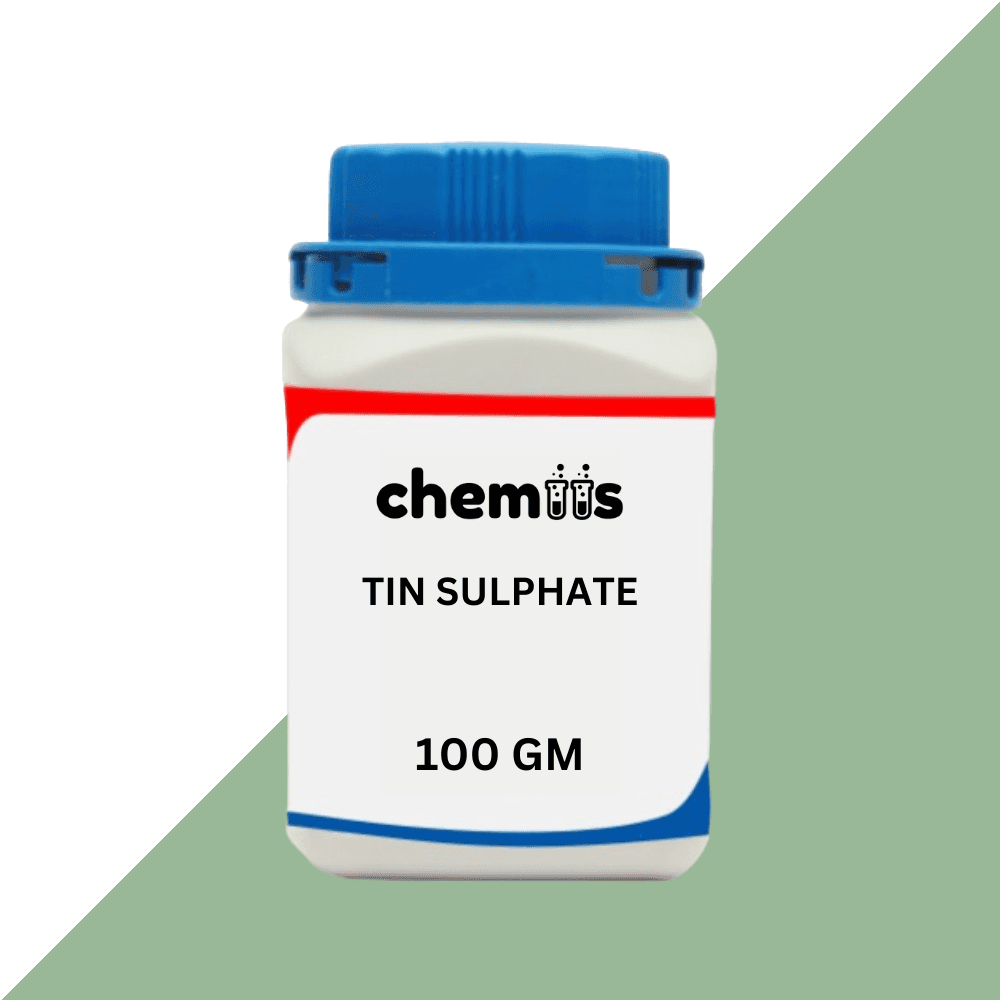
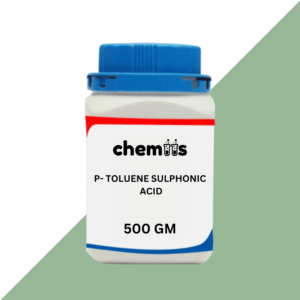
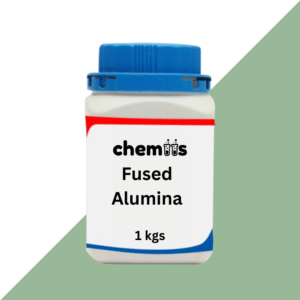
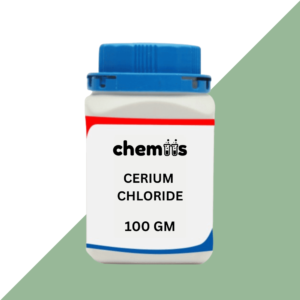
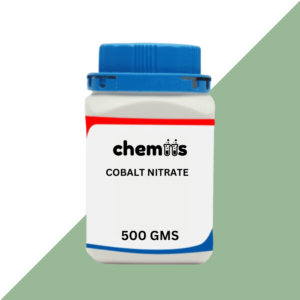
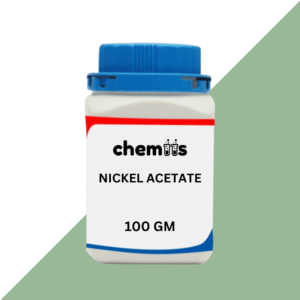
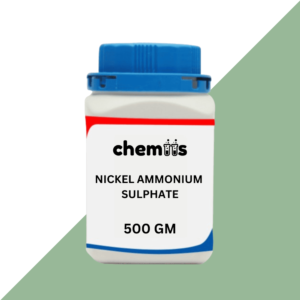
Reviews
There are no reviews yet.